
Auckland Trade and Economic Policy School (ATEPS)
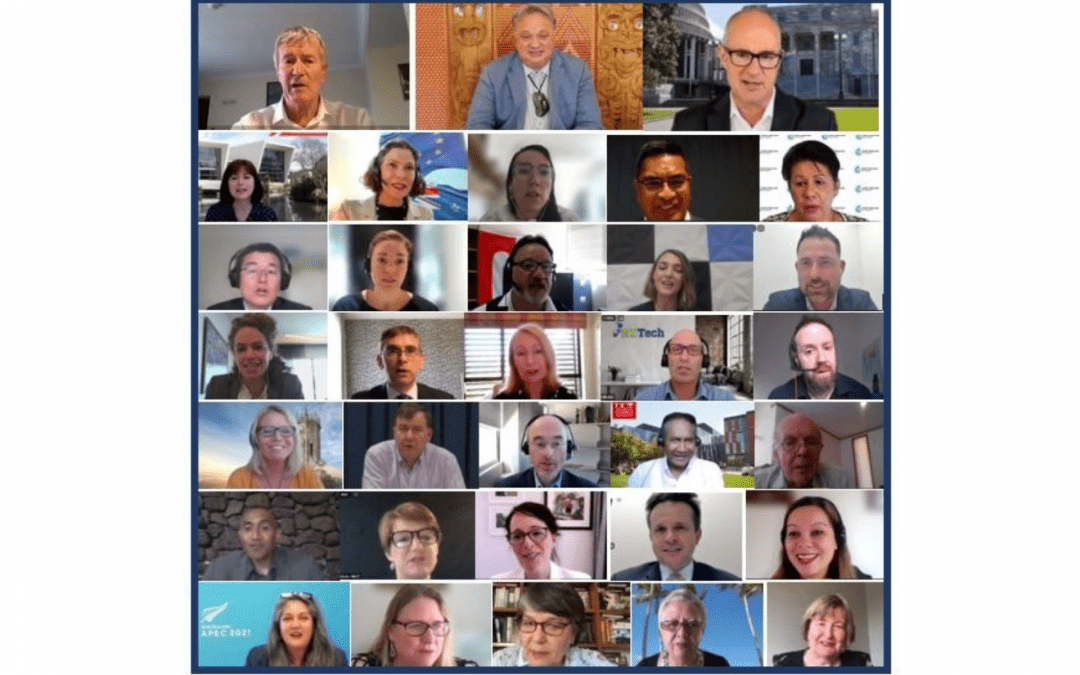
Reflections on ATEPS 2021
Launched in 2019 with the support of the Ministry of Foreign Affairs and Trade, the University of Auckland’s Public Policy Institute hosts an annual Auckland Trade and Economic Policy School (ATEPS). In December 2021, we hosted our first fully-online Auckland Trade...
Master of Public Policy Alumini Apurva Mahire discusses the India caste system, as an activist challenging it
University of Auckland Master of Public Policy alumni and peace activist, Apurva Mahire, joined Marc Fennell for a panel discussion on the Indian Caste system on ABC’s current affairs show India Now! last week. Speaking from Gadigal Country (Sydney), Apurva discussed her insights into the continued impacts of the caste system today, for those living in India as well as the diaspora community- even if the system is not always acknowledged.
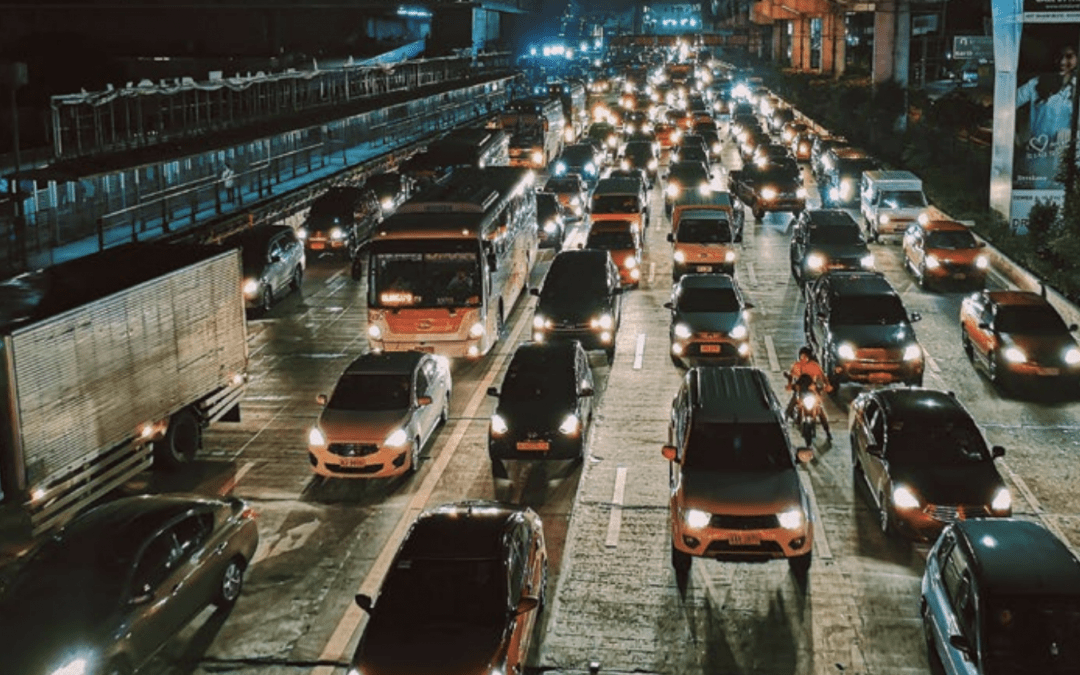
Public transport is the future for Tāmaki Makaurau – so why not make it fare-free? – Dr Jen McArthur
Transport funding is a famously dry subject. Regardless, mayoral candidate Efeso Collins’ promise to introduce fare-free public transport has sparked much debate over who pays for bus and rail services. There is a lot at stake in this debate. Your commute or experience of travelling around the city is an integral part of everyday life in Tāmaki Makaurau. The costs of transport, and what it gives you access to, influence your opportunities for education, jobs and staying in touch with family and friends.
Over the past three months, I interviewed local officials, campaigners and advocates in cities with fare-free public transport to learn from their experiences, for a research report commissioned by FIRST Union and the Public Service Association, with the support of Efeso Collins’ campaign. This research showed how fare-free policies have emerged as a pragmatic solution to the challenges facing many cities in 2022: inequalities shaped by unaffordable transport services, ambitious emissions-reduction targets, and the need to attract riders back to public transport after the relaxation of COVID-19 restrictions. The growth of public transport use in Tāmaki Makaurau since the early 2000s, paired with the city’s ambitious climate change targets, points to a future where high quality, frequent and affordable public transport can and should be a normal part of life. But bold decisions must be taken now to make that future possible. Going fare-free, in conjunction with reforms to ensure that public transport operators and staff have fair pay and decent working conditions, can help make this future a reality.

The only trade-off that matters: Susan St John on Working For Families
Amidst the current Working for Families review, Susan St. John discusses the conflicting objectives of the Working for Families ‘In Work Tax Credit’ (IWTC) in this Newsroom piece, ‘The only trade-off that matters’. Probing at recent claims by Eric Crampton that issues...
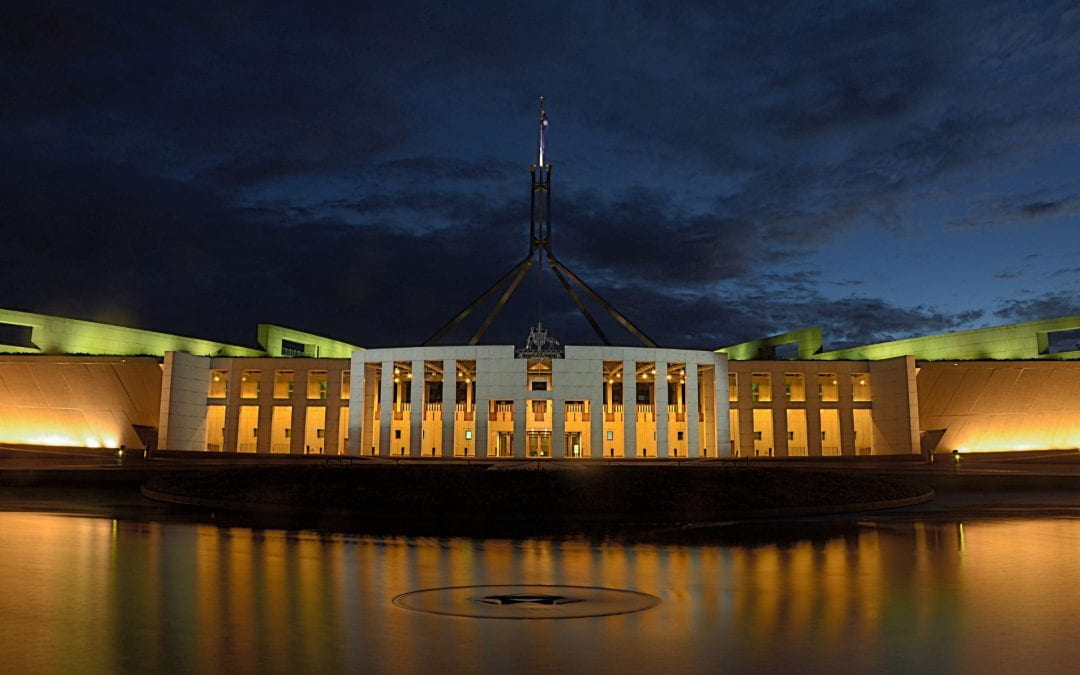
What the Australian election result means for New Zealand
University of Auckland Public Policy Institute director Jennifer Curtin provided comments on the outcome of the Australian Federal election outcomes as the final ballots were counted. Speaking on Newshub's AM show, Professor Curtin discussed the impact of the Labor...
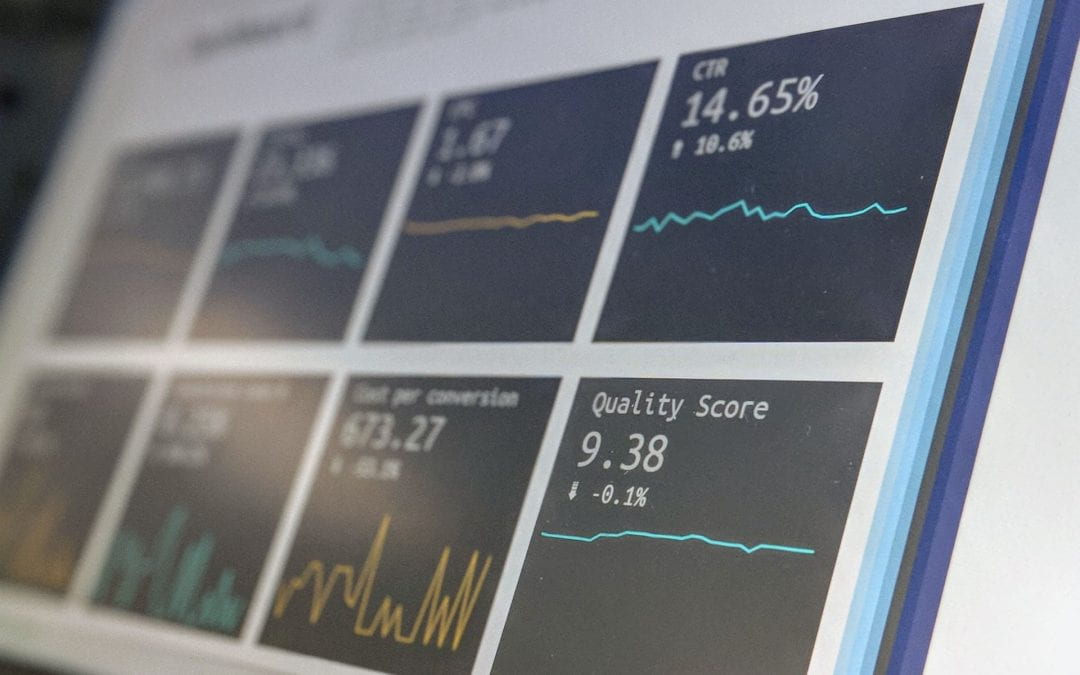
The New Zealand Financial Cycle
The global financial crisis has renewed interest in understanding financial cycles and their implications for the real economy. The resulting international debate has had important consequences for policy design in financial stability policy – for example, policymakers have increasingly sought to implement macroprudential instruments in an effort to ‘fine-tune’ the financial cycle.

Cycling Amongst Māori: Patterns, Influences, and Opportunities
Investment in cycling infrastructure and promotion may be a potentially beneficial intervention for Māori. Previous research on Māori transport priorities has identified increasing active transport use, amongst tamariki (children) in particular, as a potentially important contribution to improving hauora Māori. Active transport projects are likely to be most valuable to Māori where they are designed in ways that enable Māori to maintain a cultural and spiritual connection to the urban physical environment.
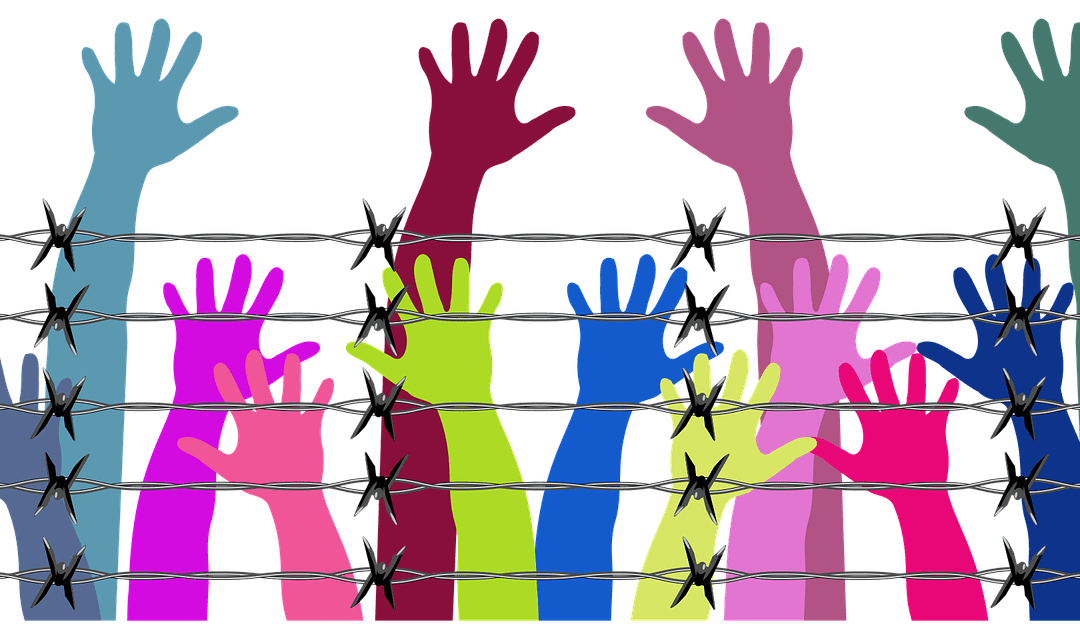
A comment on MBIE’s decision to change its practice of detaining asylum claimants Part 2
By Tim Fadgen --Part II— In my last post, I summarised the Victoria Casey QC’s assessment of the New Zealand government’s practice of detaining asylum seekers and MBIE’s recent choice to (largely) accept this criticism and to enact changes to improve New Zealand’s...
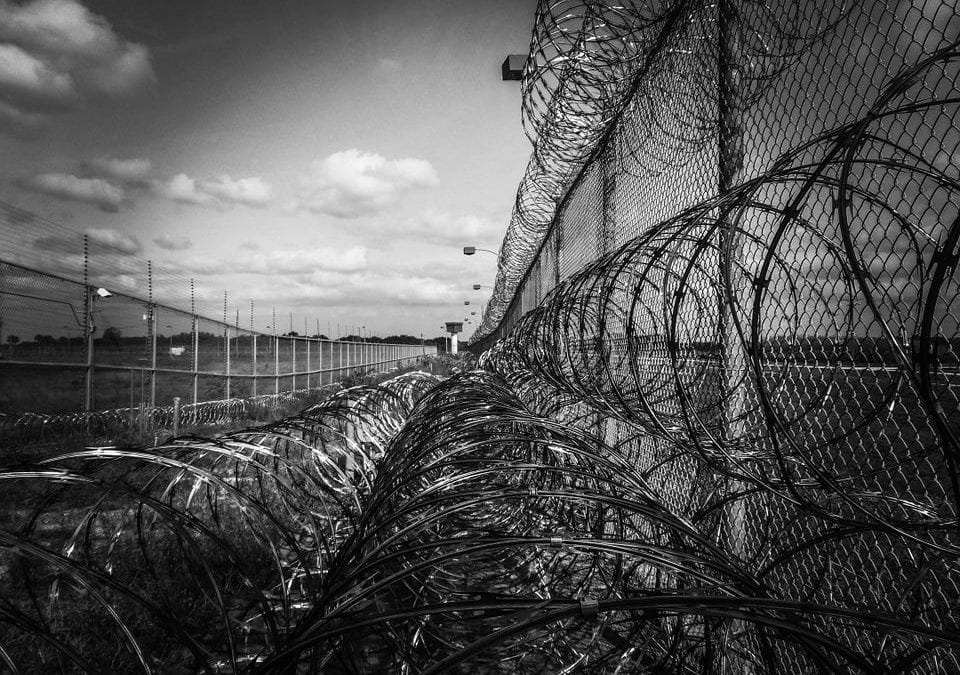
A comment on MBIE’s decision to change its practice of detaining asylum claimants
By Tim Fadgen --Part I-- On 3 May 2022, the Ministry for Business Innovation and Employment (MBIE) accepted recommendations made in review of its practice of detaining asylum seekers. The review, conducted by Victoria Casey QC, was initiated at the request of the...

Healthier Lives National Science Challenge: Policy Inventory
A report commissioned by the Healthier Lives–He Oranga Hauora National Science Challenge Authors: Cameron Leaky, Jennifer Curtin, and Lara Greaves This report represents a ‘landscape’ of government health policy documents in Aotearoa New Zealand specific to the...


The University of Auckland’s Public Policy Institute hosts an annual Auckland Trade and Economic Policy School (ATEPS). The School was launched in 2019 with the support of the Ministry of Foreign Affairs and Trade.

21-22 November 2024, University of Auckland | Waipapa Taumata Rau, City Campus
Spotlight on Southeast Asia
Pathways to Prosperity: Building Resilient Trade Partnerships for a New Era
#ATEPS2024
ATEPS 2023: Leading Trade Agreements for Sustainable Futures
Tuesday 21 November 2023
ATEPS 2023 took place on 23-24 February 2023.
“Trans-Tasman, Regional and Global Initiatives for Sustainable Trade Futures”
ATEPS 2023 addressed the Trans-Tasman geo-political context, Regional Trade Agreements, developments in Australian and Aotearoa New Zealand Indigenous Trade Policy, digital trade, sustainable trade and the Green Economy, global RTAs, and the future of trade.
